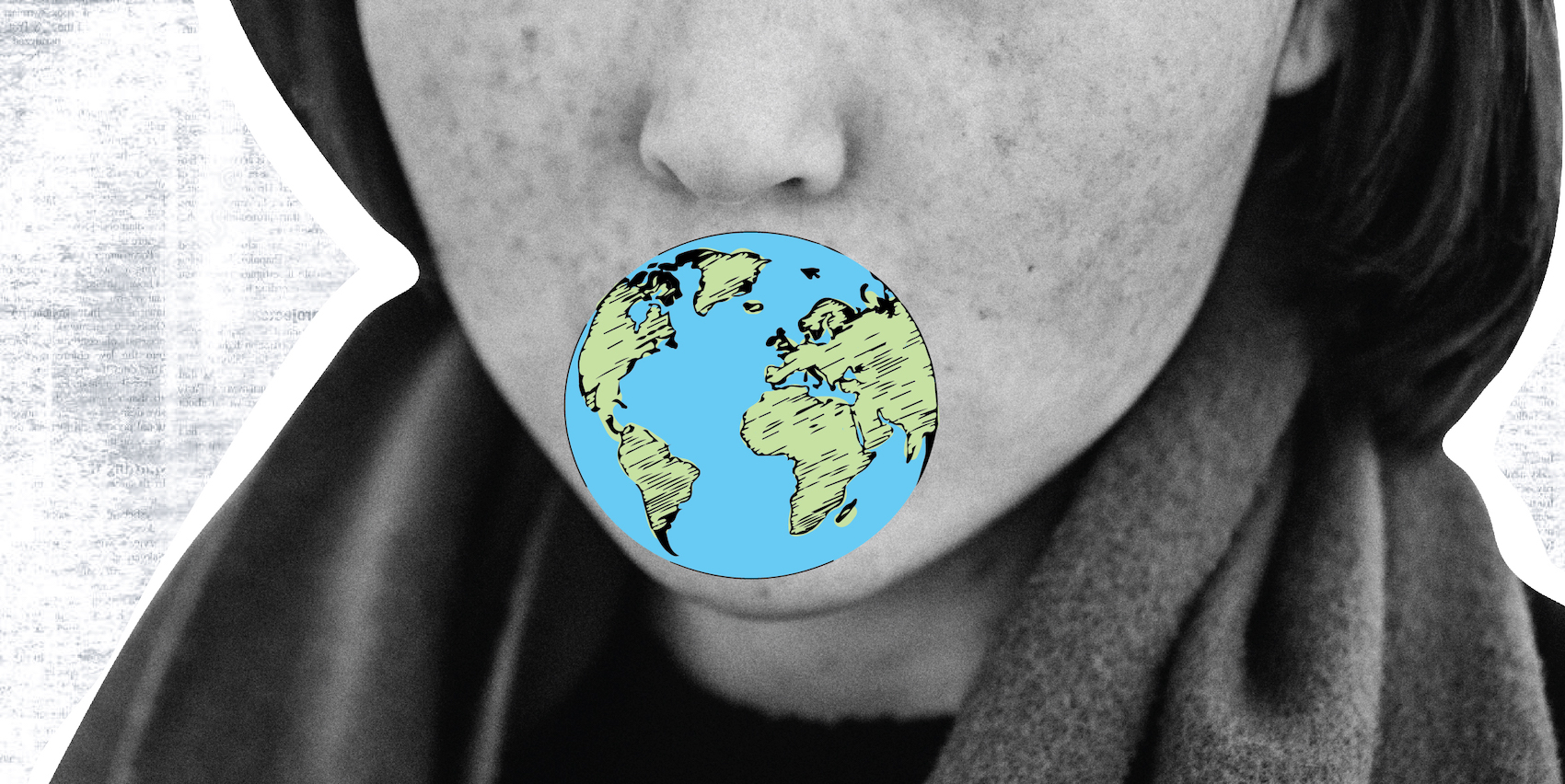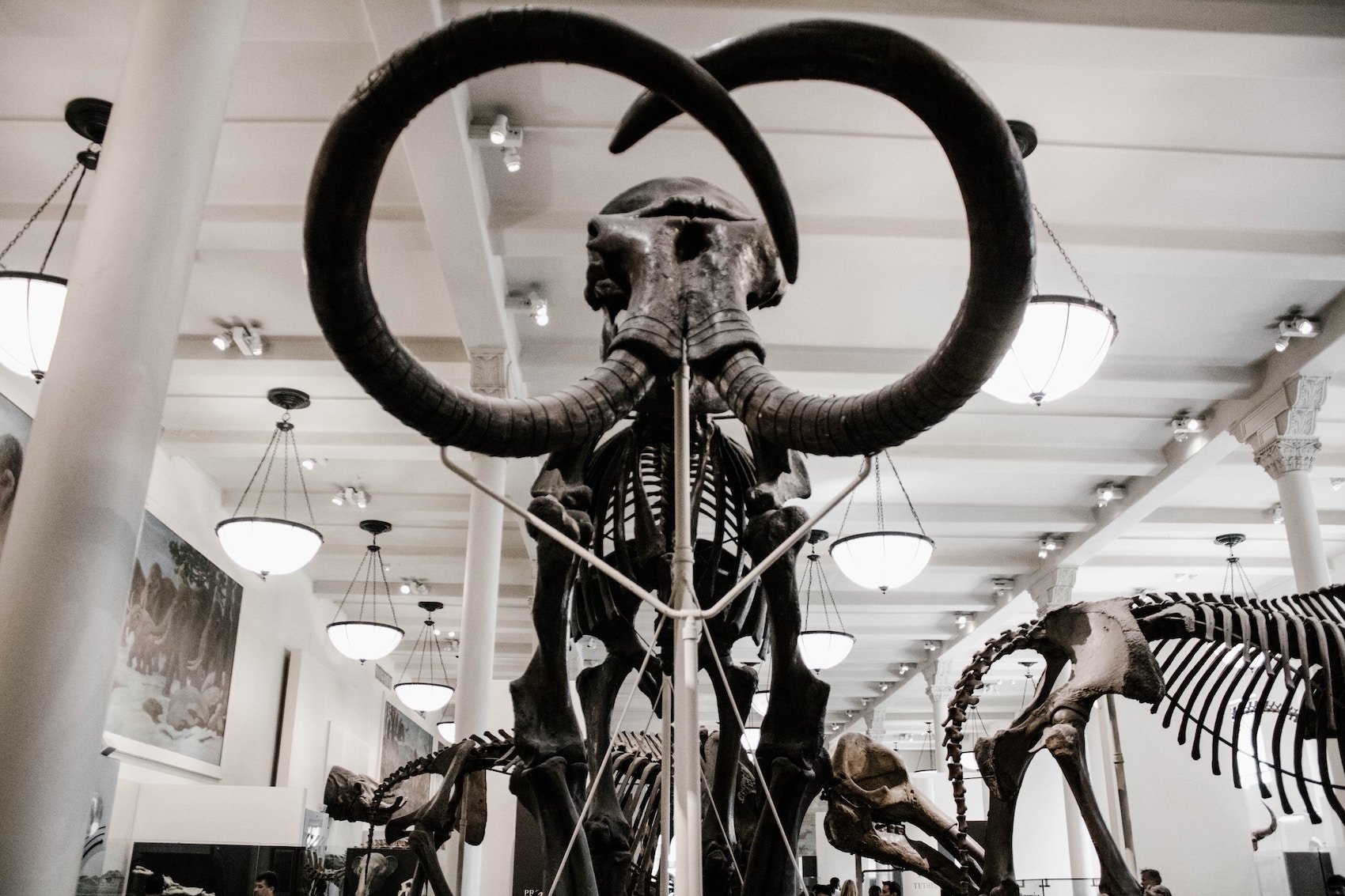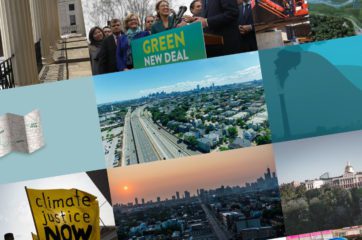Last year I read Yuval Noah Harari’s bestseller Sapiens: A Brief History of Humankind. The book is an exploration of the history of humanity on Earth, and how we came to form our current civilizations (this is not an ad by the way, I just really love the book).
It departs from the simple, but powerful idea that “homo sapiens rules the world because it is the only animal that can believe in things that exist purely in its own imagination, such as gods, states, money, and human rights.” And it is hard not to be persuaded by this hypothesis once Harari takes you through the significance of our ability to collectively agree on imagined realities such as religions and capitalism. These are what made us the most evolutionarily successful species of over 8 million on this planet– successful because we have not only been able to reproduce to 7 billion individuals, but also because we have succeeded in bending and welding nature, and its other species, to work for us.
For more on this, you’d have to read the full book – and I recommend you do – but there’s one thing that stuck with me from this story that I find myself thinking about a lot: humans have been the world’s most powerful ecological serial killers.
[We will be publishing a report on climate change communication, best practices and obstacles, to help inform this conversation. For updates on its release, and more updates on climate communications, subscribe to our weekly newsletter here. ]
An (even briefer) history of humankind
As it turns out, 70,000 years ago, there were at least six different species of humans on Earth. Yes, at one point in time there were other humans beyond homo sapiens that inhabited the Earth at the same time. And they were all pretty insignificant animals, whose ecological impact was less than that of fireflies or jellyfish. Today, there is only one human species left: us, homo sapiens – and we are far from ecologically insignificant.
What happened? How did we become the dominant species on this planet, and the only human species left? This part was rough. Harari takes you through, in excruciating detail, how this happened and why sapiens have long been the Earth’s most disruptive species in terms of ecological loss. Even with stone-age tools, our ancestors were party responsible for the extinction of half of the world’s large terrestrial mammals – including wooly mammoths, giant sloths, and saber-toothed tigers. We might even – by Harari’s account, have been responsible for the extinction of all other human species.
All this occurred before the advent of civilization, the invention of the wheel, or even the creation of iron tools. It is hard to grasp the ecological footprint we have had on the planet since we came around, but it isn’t hard to pass blame. After all, how could we have known the reproductive rates of mammoths to ensure we were not depleting the populations by overhunting them?
But now we know.
We know more than we ever have before about the depletion of natural resources, the impacts of our systems on the whole planet, and the future we can expect if we keep on doing what we’re doing. And yet it seems that knowledge has not translated into action, and we continue to be the culprits of extinction on Earth – most importantly, we continue to spew carbon into the atmosphere, which might just be our most significant and horrific ecological impact.
[We will be publishing a report on climate change communication, best practices and obstacles, to help inform this conversation. For updates on its release, and more updates on climate communications, subscribe to our weekly newsletter here. ]
After reading the massive impacts we have already had on the planet, the transformation in its ecological composition that has been led by human activity, how can some of us still believe that we are too insignificant to have caused the climate crisis? (As a side-note reminder for those who are inevitably going to say “climate change is part of a natural cycle”, it is not; NASA made this cool tool to show you that.) And even for those of us that do know our impact on the Earth, which by the way are in the majority, how come we haven’t been able to change that?
What about climate change then?
The past few years have seen the rise of more mainstream and broad environmental concerns come to the forefront of popular culture (see: Leo, Lil Dicky, and countless other eco-influencers). We are overall, much more environmentally conscious than ever before – there’s protests for climate action happening all over the world, and politicians running for president entirely based on their climate plans (looking at you, Governor Inslee). Don’t believe me, just try walking into Whole Foods and asking for a plastic bag, and see how many death stares you get.
This is progress. But why has it taken this long? And why are we still fighting the small fights against plastic straws and shaming people who don’t recycle, instead of getting to the root of the issue, aka. fossil fuels.
Each new scientific report gets covered by the news with all the same words: “devastating” “unprecedented” “tipping point” “no-return” “mass extinction” “economic and civilizational collapse”. No wonder we’re stressed.
There are thousands of reasons you can point to: the fossil fuel lobby, their well-funded misinformation campaign, the political opposition to broad climate action, etc etc etc. There is also something else, something that may have come from the very people who have been trying to solve the issue, namely climate scientists and environmental advocates. We have failed to effectively, efficiently, and productively communicate the climate crisis. And it is important to acknowledge that, and correct for it, if we are going to move climate action forward. It won’t be easy.
Talking about the climate crisis is not easy. It is pretty much telling people that the most horrific, unthinkable upheaval of our way of life is about to happen; there’s floods coming for our coastal cities, which will result in the displacement of millions, heat waves are going to kill thousands of people, our oceans may lose all complex forms of life, we may run out of drinking water, extreme weather will be more frequent and devastating… see what I mean? Not really your dinner time type of conversation.
Each new scientific report gets covered by the news with all the same words: “devastating” “unprecedented” “tipping point” “no-return” “mass extinction” “economic and civilizational collapse”. No wonder we’re stressed.
How do we talk about it then?
The challenge is finding a way to convey the gravity of the problem, to place the blame we deserve as the culprits of the crisis, while at the same time convincing people there is still something to be done, and hope for the future. And we have to do that. If anything, that is even more important than getting people to be alarmed about the problem, because without momentum for action, all of those worse-case scenarios will truly become a reality.
So, I want to go back to Sapiens for a moment because while we might be ecological serial killers, but we might also be the only species ever to have the power to turn this thing around. That thing about our collective imagination being responsible for our success as a species – it’s real, and we’ll need to imagine a whole lot.
Blaming our way out of this crisis will never work; we cannot continue to point fingers at the powerful lobbies or the media, because that will not lead us anywhere. We also can’t continue to alarm or scare people into action. Our brains simply do not work that way – we have evolved to run away from danger, not towards it, and to use several coping mechanisms, including cognitive dissonance. All of which get in the way of our ability to fully comprehend the scale of the climate change problem, and at the same time reconcile it with our own way of living, the fear for the future, and the need to take part in the solution.
Collective imagination, and our power to come together for a cause, on the other hand, may just be our most powerful tool. How can we harness art and culture in order to make powerful statements that move people? How can we use rhetoric to engage those with different opinions and points of view? How can we get others to buy into the idea that our future can be prosperous, equitable, better, and carbon-free?
Ultimately, how can we redeem our species and ensure that while our past on Earth may be questionable, the tools of knowledge and communication can serve us to write a sequel that is not the plot of The Uninhabitable Earth?
We change the conversation. We make it about potential rather than threat, about opportunity rather than fear, and about our redeeming qualities rather than our guilty ones. I have been thinking about how we can best do this, and speaking to people who I admire (you can check out those conversations here) about how they are already doing it. The good news is that we are well on our way to achieve this, there’s thousands of people around the world dedicating their lives to it, and we have so much knowledge in our hands to do the best job at it. The better news is that we can all be doing better – and that includes you.










